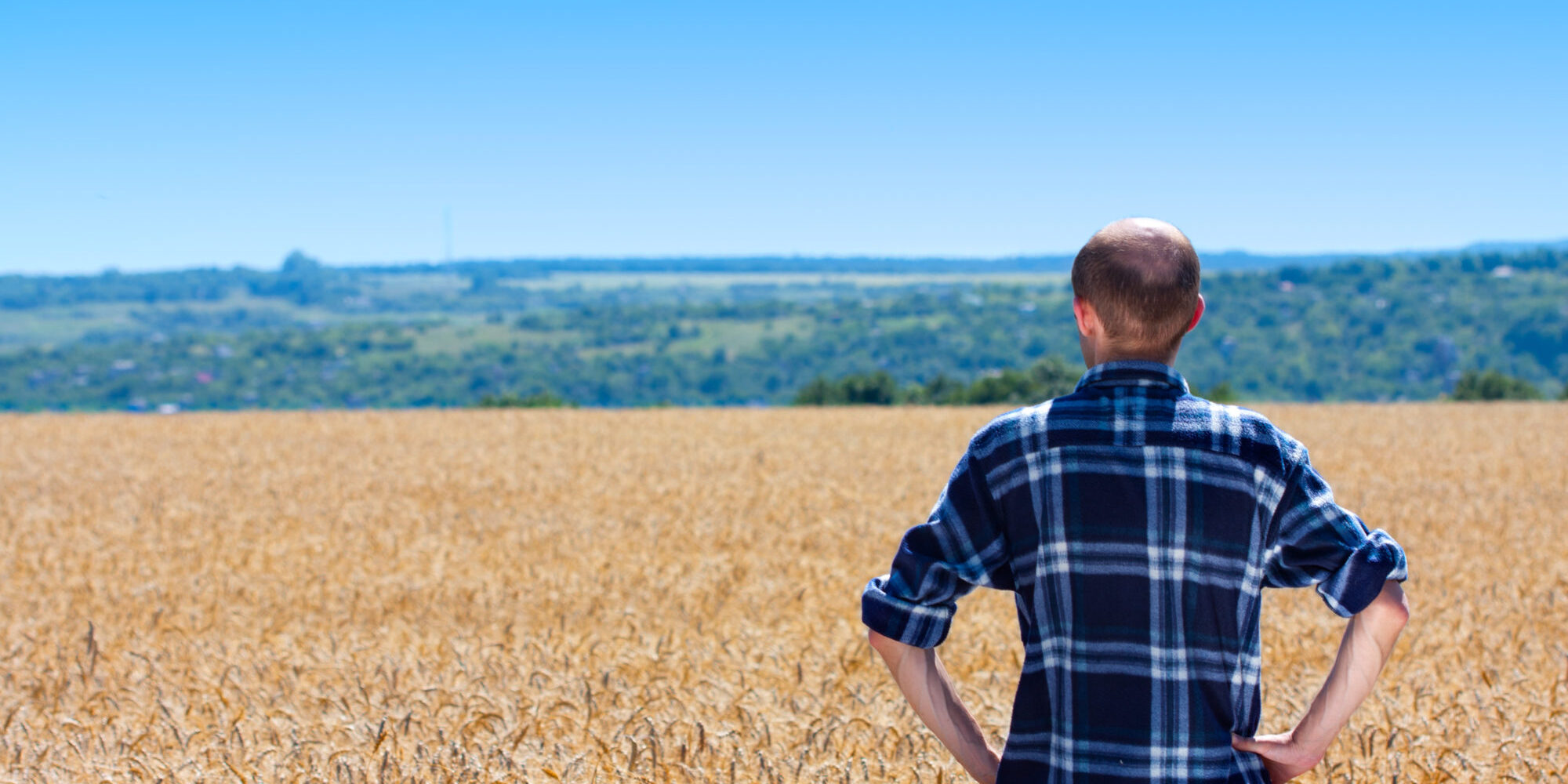
Agriculture Must Reduce Greenhouse Gas Emissions
Author
Published: 25 February 2020
Last updated: 15 March 2021
Contact persons
Share article:
How can farmers go about production in a way that results in reduced greenhouse gas emissions? A new project led by Ruralis will find answers to this.
As part of the global effort to curb climate change, agriculture must reduce greenhouse gas emissions. Therefore, the government and agricultural organizations in Norway have signed a letter of intent to reduce emissions and increase the absorption of carbon in agriculture. This will also be an important part of the environmental plan called Klimakur 2030 (climate cure 2030) that Norway will implement by 2030.
The goal in the letter of intent is to reduce emissions by 5 million tons of CO2-eq in the period 2021-2030. CO2-eq (CO2 equivalent) is a metric measure used to compare the global warming effect (called Global Warming Potential (GWP)) of greenhouse gases by converting amount of these gasses into equivalent amounts of CO2 based on their warming effect.
Want to find effective measures
– In recent years, several possible measures have been proposed without knowing how farmers will implement them in practice on their own farm. The main goal of the CLIMPLEMENT project is to develop knowledge of the social, technical and economic processes that can help reduce emissions in agriculture, without reducing food production, says project maker Magnar Forbord from Ruralis.
The project will develop analysis tools based on Norwegian conditions. The purpose is also to measure the potential for reducing greenhouse gas emissions in various types of productions, and the consequences this will have for food production and farm economy.
Communicate climate-friendly farm operations
– The project results will be used to further develop services for advising and education programs. This is how we can convey knowledge about, and good examples of, the transition to more climate-friendly farm operations to farmers and in the education of future farmers, says Forbord.
Partners in the project are the Norwegian Institute of Bioeconomy Research (NIBIO), the Norwegian Agricultural Advisory (NLR), Mære Agricultural School, Skjetlein Secondary School, EuroCARE at the Faculty of Agriculture, the University of Bonn, Germany and Wageningen University & Research, The Netherlands. The project is funded by the Norwegian Research Council through the program KLIMAFORSK.
Author
Published: 25 February 2020
Last updated: 15 March 2021

